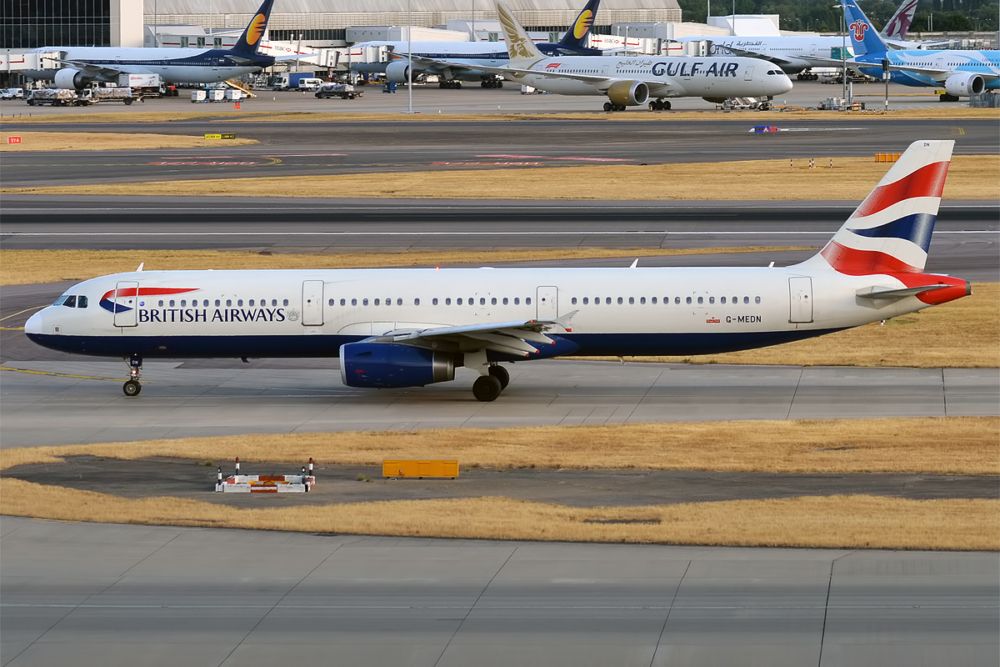Effective from 23:01 Central European Time on December 19th, only German citizens and residents may travel to Germany from the UK. While there are a handful of exemptions, the majority of non-German travelers will likely find themselves scrambling to make last-minute adjustments and cancelations to their holiday travel plans. Reminiscent of sudden travel restrictions that appeared throughout 2020, the move is being implemented as a way to slow the advance of the fast-spreading Omicron variant of COVID-19.
A virus variant area
It's a case of deja vu and something reminiscent of May 2021: The UK is now designated "a virus variant area" by Germany. According to the UK government, this means the following:
- Airlines are restricted to transporting a narrow range of individuals from the UK to Germany. This includes British citizens who are resident in Germany, and German citizens.
- Tourists are not allowed to be transported to Germany.
- Permitted travelers from the UK are required to complete pre-departure digital registration, and have proof of a negative pre-flight PCR or rapid antigen test.
- Undergo quarantine at home for 14 days irrespective of their vaccination status.
Additional details and exemptions to testing can be found on the UK government's website on foreign travel advice,
Stay informed: Sign up for our daily and weekly aviation news digests.
Are you a UK citizen residing in Germany?
Thankfully, the German government is also allowing UK nationals resident in Germany to enter and return to their homes in the country. However, UK residents must demonstrate proof of residence at entry, which may be difficult for some who might be in the middle of a residency permit application or awaiting their official cards and paperwork.
This is a summary of acceptable proof of German residence for travelers from the UK:
- A residence card
- Address registration certificate (Meldebescheinigung)
- A tenancy agreement
- A utility bill in your name
- A certificate of application (Fiktionsbescheinigung)
Additionally, the government website notes that "German authorities have confirmed that individuals who are registered at a German address in the population register (Melderegister), who can present identification (including residence documents) displaying a German address, or documents (paper or electronic) issued in their name by third parties stating an address in Germany, may be presumed to be resident in Germany."
It also adds that documents left in Germany can be accessed by someone and photographed or scanned and sent to the traveler abroad for presentation at the border.
To reiterate, however, full and precise details can be found on both the UK and German government websites.
Are more travel restrictions on the way?
Coming at the most inconvenient time as holiday travel reaches peak levels, the Omicron variant continues to spread around the world. As this spread continues, we are likely to see more travel restrictions as countries hope to slow the spread in order to prevent the collapse of their healthcare systems.
Israel is expected to ban travelers from the US and Canada, while Canada itself recently issued an official advisory against non-essential international travel. Indeed, some are expecting this to escalate to another ban on tourists entering the country.
From an air travel perspective, this new variant and the travel restrictions it has sparked is a reminder of the need for flexible booking policies from airlines. While non-refundable tickets with low-cost carriers may be cheap enough to 'lose' in the event of a sudden travel restriction, being stuck with a non-flexible long-haul ticket on a premium carrier is sure to have a harder impact on the bank account.
Have you been impacted by Germany's sudden travel ban on those coming from the UK? Share your experiences with us by leaving a comment.


